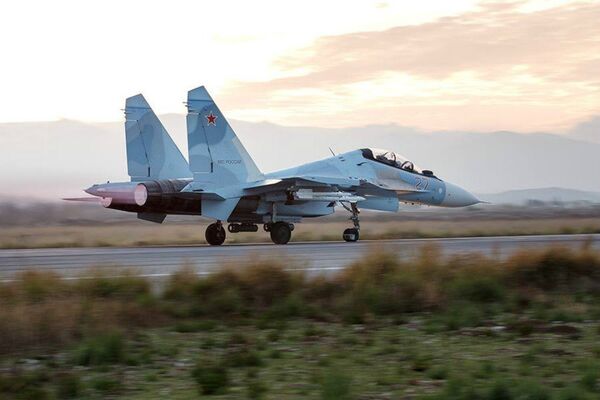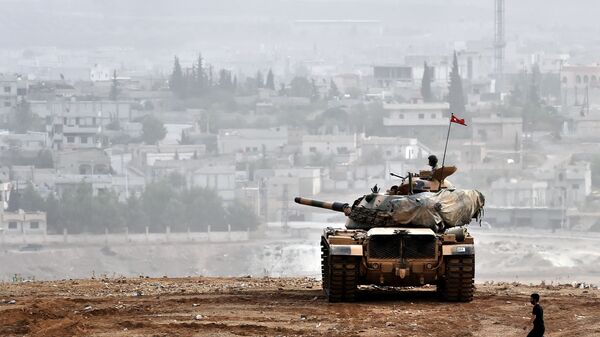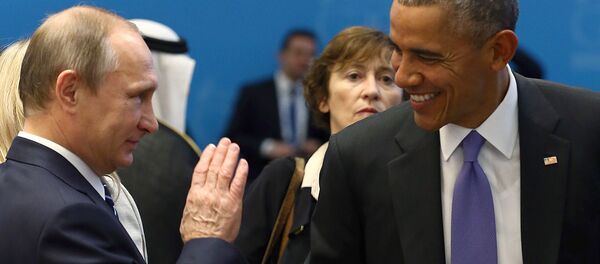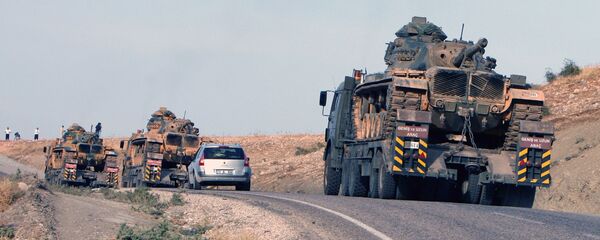"Washington has made it clear to Ankara that 'you guys are on your own and if you are stupid enough to send your forces into Syria and you get hit by the Russians, don't expect NATO to come to the rescue,'" he observed.
An unnamed German diplomat also confirmed that NATO was not "going to pay the price for a war started by the Turks."
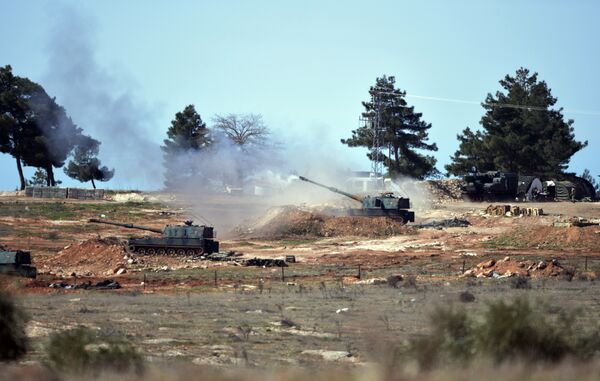
Jatras also mentioned that Ankara and Riyadh could have inadvertently helped Russia and the United States to ink the deal on the cessation of hostilities in Syria.
"I think one reason this agreement came … is because the Turks and the Saudis for the last few weeks have been making a lot of noise about their willingness to intervene on the ground in Syria to save – let's face it — their terrorist assets there, but only if the Americans led the way," he noted.
Both Turkey and Saudi Arabia have claimed that they are ready to take part in the US-led ground offensive to tackle Daesh, but many have questioned their true intentions. After all, Ankara and Riyadh have long supported anti-Assad radicals, who are trying to establish an Islamic caliphate in Syria.
Jatras further said that Russia's military engagement in Syria has been instrumental in offering the war-torn country hope that the five-year-long conflict could be resolved.
"There would not even be a chance of a viable ceasefire if it was not for the Russian air campaign in Syria and the advances made by the Syrian Army, with Russian support, which has essentially forced the various terrorist groups supported by Saudi Arabia, Turkey and – let's be honest about it – by the United States, into a very precarious position where they are essentially suing for peace," he asserted.
